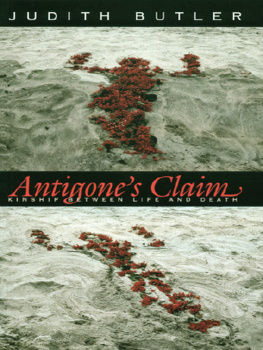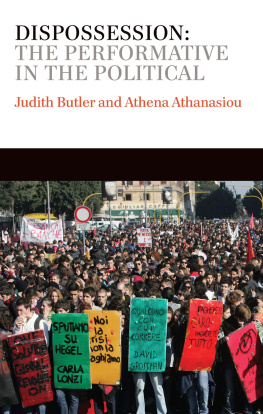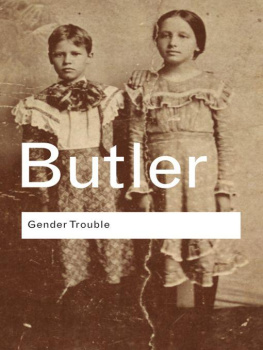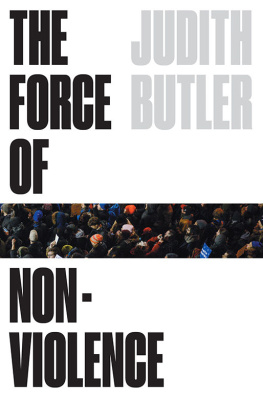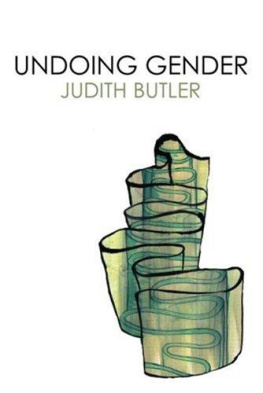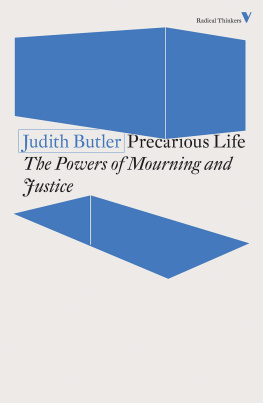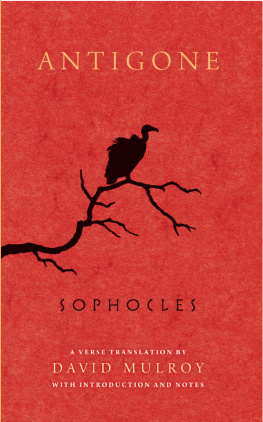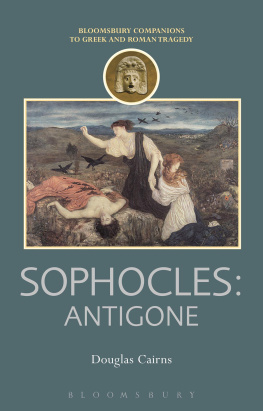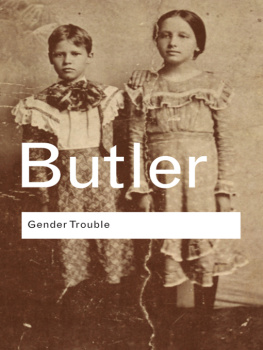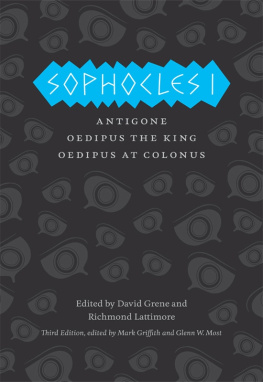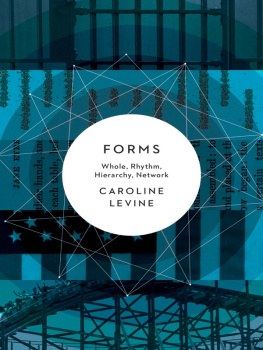
AntigonesClaim
THE WELLEK LIBRARY LECTURES
PREVIOUSLY PUBLISHED
WELLEK LIBRARY LECTURES
The Breaking of the Vessels
Harold Bloom
In the Tracks of Historical Materialism
Perry Anderson
Forms of Attention
Frank Kermode
Memoires for Paul de Man
Jacques Derrida
The Ethics of Reading
J. Hillis Miller
Peregrinations: Law, Form, Event
Jean-Franois Lyotard
Reopening of Closure: Ovganicism Against Itself
Murray Krieger
Musical Elaborations
Edward W. Said
Three Steps on the Ladder of Writing
Hlne Cixous
The Seeds of Time
Fredric Jameson
Refiguring Life: Metaphors of Twentieth-Century Biology
Evelyn Fox Keller
A Fateful Question of Culture
Geoffrey Hartman
The Range of Interpretation
Wolfgang Iser
Historys Disquiet: Modernity and Everyday Life
Harry Harootunian
COLUMBIA UNIVERSITY PRESS
PUBLISHERS SINCE 1893
NEW YORK CHICHESTER, WEST SUSSEX
cup.columbia.edu
COPYRIGHT 2000 COLUMBIA UNIVERSITY PRESS
ALL RIGHTS RESERVED
E-ISBN 978-0-231-51804-8
LIBRARY OF CONGRESS CATALOGING-IN-PUBLICATION DATA
BUTLER, JUDITH P.
ANTIGONES CLAIM : KINSHIP BETWEEN LIFE AND DEATH /
JUDITH BUTLER.
P. CM.(THE WELLEK LIBRARY LECTURES)
INCLUDES BIBLIOGRAPHICAL REFERENCES AND INDEX.
ISBN 0-231-11894-5 (CLOTH)
ISBN 0-231-11895-3 (PAPER)
1. ANTIGONE (GREEK MYTHOLOGY) 2. HEGEL, GEORG WILHELM FRIEDRICH, 17701831. 3. IRIGARAY, LUCE. 4. LACAN, JACQUES, 1901 5. KINSHIPPHILOSOPHY. 6. FEMINIST THEORY. I. TITLE. II. WELLEK LIBRARY LECTURE
SERIES AT THE UNIVERSITY OF CALIFORNIA, IRVINE.
B2948 .B855 2000
292.13DC21
00030321
A Columbia University Press E-book.
CUP would be pleased to hear about your reading experience with this e-book at .
EDITORIAL NOTE
THE WELLEK LIBRARY LECTURES IN
CRITICAL THEORY ARE GIVEN ANNUALLY AT
THE UNIVERSITY OF CALIFORNIA, IRVINE,
UNDER THE AUSPICES OF
THE CRITICAL THEORY INSTITUTE.
THE FOLLOWING LECTURES WERE GIVEN
IN MAY 1998.
THE CRITICAL THEORY INSTITUTE
GABRIELE SCHWAB, DIRECTOR
Contents
T hese lectures were originally given as the Wellek Library Lectures at the University of California at Irvine in May 1998, the Messenger Lectures at Cornell University in September 1998, and the Christian Gauss Seminars at Princeton in November 1998. I am enormously grateful to the audiences on each of these occasions for their many helpful remarks. I would also like to thank the Guggenheim Foundation Fellowship for providing me with a fellowship to make substantial revisions of the manuscript in the spring of 1999. I also wish to thank, profoundly, Liana Theodoratou for her help with the Greek text and Mark Griffith for alerting me to the nuances of the play in its classical context and sharing with me an array of his rich scholarship on Antigone. Any mistakes in scholarship remain, of course, solely my own responsibility. I also thank Michael Wood for his engaged readings, Mark Poster for his important critical questions, Jonathan Culler for his ever valuable engagement with the work, Joan W. Scott for the provocations that come with enduring friendship, Drucilla Cornell for insisting on doing kinship otherwise, Wendy Brown for working through the fundamentals with me, Anna Tsing for deftly engaging an earlier version of the argument, and Bettina Mencke for her astute remarks on the project at the Einstein Forum in Berlin in June 1997. The students in the Berkeley Summer Research Institute in 1999 read all the primary texts covered here with wit, enthusiasm, and critical insight, as did the undergraduates in the senior Comparative Literature seminar on Antigone in the fall of 1998. I also thank the students and faculty in the Berkeley Summer Research Seminar in 1999 for their wonderful interpretations of the material. I thank especially Stuart Murray who helped with the final preparation in numerous important ways. His work has been invaluable to me. I also thank Anne Wagner for introducing me to the work of Ana Mendieta. And I thank Jennifer Crewe for her editorial patience. For their support, I thank Fran Bartkowski, Homi Bhabha, Eduardo Cadava, Michel Feher, Carla Freccero, Janet Halley, Gail Hershatter, Debra Keates, Biddy Martin, Ramona Naddaff, Denise Riley, and Kaja Silverman.
A Note on Translations
All translations from Sophocles plays are from the Hugh Lloyd-Jones edition, published in the Loeb Library Series (Cambridge: Harvard University Press, 1994). On occasion, I also cite the David Grene translation, Antigone in Sophocles I: Oedipus the King, Oedipus at Colonus, Antigone, eds. David Grene and Richard Lattimore (Chicago: University of Chicago Press, 1991). All references after quotations from the plays are to line numbers.
They are gripped and shattered by something
intrinsic to their own being.
Hegel, Aesthetics
I began to think about Antigone a few years ago as I wondered what happened to those feminist efforts to confront and defy the state. It seemed to me that Antigone might work as a counterfigure to the trend championed by recent feminists to seek the backing and authority of the state to implement feminist policy aims. The legacy of Antigones defiance appeared to be lost in the contemporary efforts to recast political opposition as legal plaint and to seek the legitimacy of the state in the espousal of feminist claims. Indeed, one finds Antigone defended and championed, for instance, by Luce Irigaray as a principle of feminine defiance of statism and an example of anti-authoritarianism.
But who is this Antigone that I sought to use as an example of a certain feminist impulse? There is, of course, the Antigone of Sophocles play by that name, and that Antigone is, after all, a fiction, one that does not easily allow itself to be made into an example one might follow without running the risk of slipping into irreality oneself. Not that this has stopped many people from making her into a representative of sorts. Hegel has her stand for the transition from matriarchal to patriarchal rule, but also for the principle of kinship. And Irigaray, though wavering on the representative function of Antigone, also insists upon it: Her example is always worth reflecting upon as a historical figure and as an identity and identification for many girls and women living today. For this reflection, we must abstract Antigone from the seductive, reductive discourses and listen to what she has to say about government of the polis, its order and its laws (Speculum, 70).
But can Antigone herself be made into a representative for a certain kind of feminist politics, if Antigones own representative function is itself in crisis? As I hope to show in what follows, she hardly represents the normative principles of kinship, steeped as she is in incestuous legacies that confound her position within kinship. And she hardly represents a feminism that might in any way be unimplicated in the very power that it opposes. Indeed, it is not just that, as a fiction, the mimetic or representative character of Antigone is already put in question but that, as a figure for politics, she points somewhere else, not to politics as a question of representation but to that political possibility that emerges when the limits to representation and representability are exposed.
But let me recount my steps for you. I am no classicist and do not strive to be one. I read
Next page
